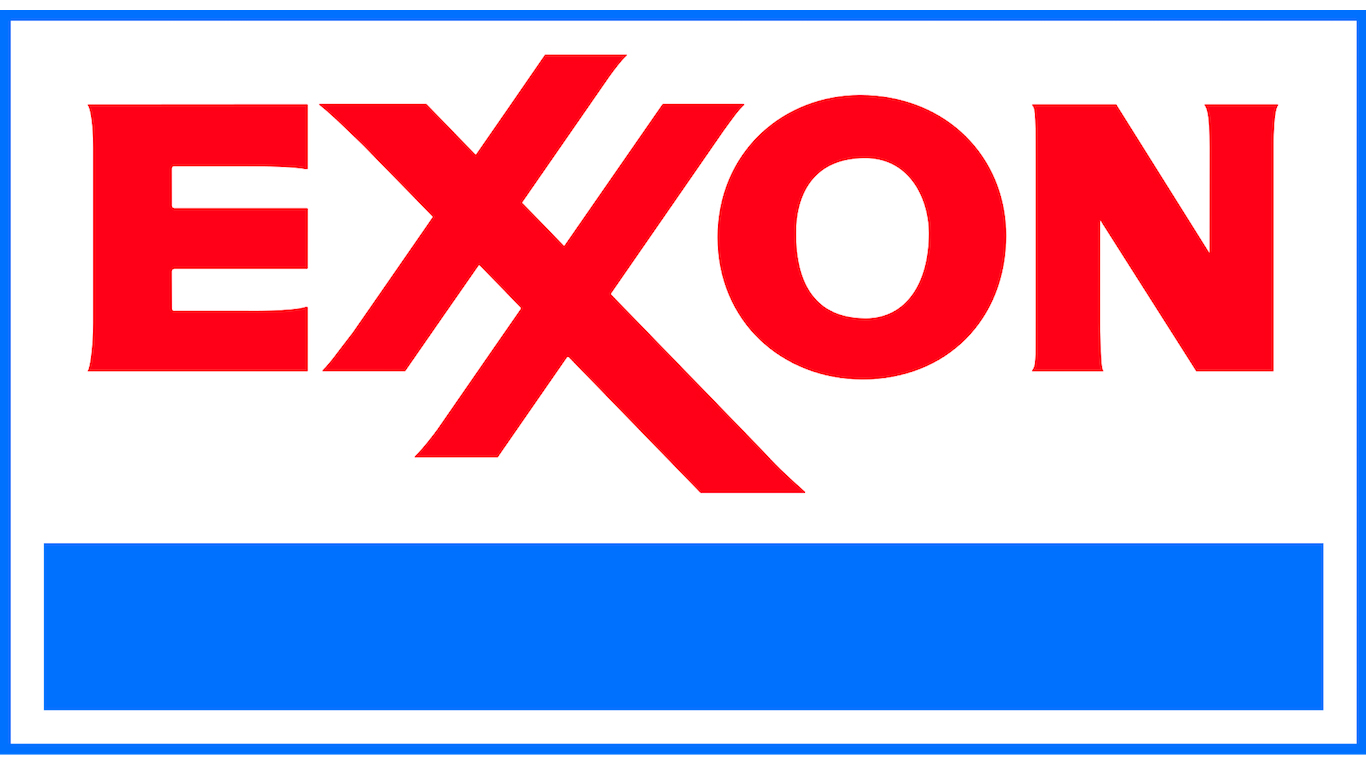
Friday would have been a busy news day in the oil patch without the announcement of a couple of big deals. Both Exxon Mobil and Chevron report earnings later this morning, while on the other side of the pond, both Royal Dutch Shell and Total have already posted their second-quarter results.
The bigger deal announced this morning the acquisition by BP PLC (NYSE: BP) of all of BHP Billiton’s U.S. land-based energy assets for $10.5 billion. This purchase brings to an end one of the most unfortunate episodes in recent years for BHP.
In 2011, BHP paid around $15 billion to acquire Petrohawk’s assets in the Haynesville shale play and the Eagle Ford play. The Australian giant also paid Chesapeake Energy around $4.75 billion for natural gas assets in the Fayetteville shale play. All this just months after its failed $39 billion offer for Canada’s Potash Corp. In 2015, BHP wrote down $2 billion on its Petrohawk assets.
BP’s acquisition includes 100% of BHP’s Petrohawk assets. The all-cash deal will be paid in two installments: half on completion of the agreement and half spread out in six equal monthly payments after the deal is completed. BP said it would finance the deferred portion with additional equity issuances. The company’s American depositary shares traded down about 0.2% in Friday’s premarket session to $44.42, in a 52-week range of $33.90 to $47.83.
Chesapeake Energy Corp. (NYSE: CHK) traded up more than 14% in Friday’s premarket after announcing last night that it has sold its remaining assets in Ohio’s Utica shale play to a privately held oil and gas company for approximately $2 billion.
Chesapeake CEO Doug Lawler said the company will use the proceeds to pay down debt, which is no surprise. The company’s debt load has lightened from $16 billion in 2012 to $9.3 billion at the end of the first quarter of this year. Lawler also said that this sale “essentially ends the era of asset sales” as the company’s main balance-sheet priority. Shares traded at $5.04 in Friday’s premarket, up about 14.4%, in a 52-week range of $2.53 to $5.60.
Want to Retire Early? Start Here (Sponsor)
Want retirement to come a few years earlier than you’d planned? Or are you ready to retire now, but want an extra set of eyes on your finances?
Now you can speak with up to 3 financial experts in your area for FREE. By simply clicking here you can begin to match with financial professionals who can help you build your plan to retire early. And the best part? The first conversation with them is free.
Click here to match with up to 3 financial pros who would be excited to help you make financial decisions.
Have questions about retirement or personal finance? Email us at [email protected]!
By emailing your questions to 24/7 Wall St., you agree to have them published anonymously on a673b.bigscoots-temp.com.
By submitting your story, you understand and agree that we may use your story, or versions of it, in all media and platforms, including via third parties.
Thank you for reading! Have some feedback for us?
Contact the 24/7 Wall St. editorial team.
 24/7 Wall St.
24/7 Wall St.


